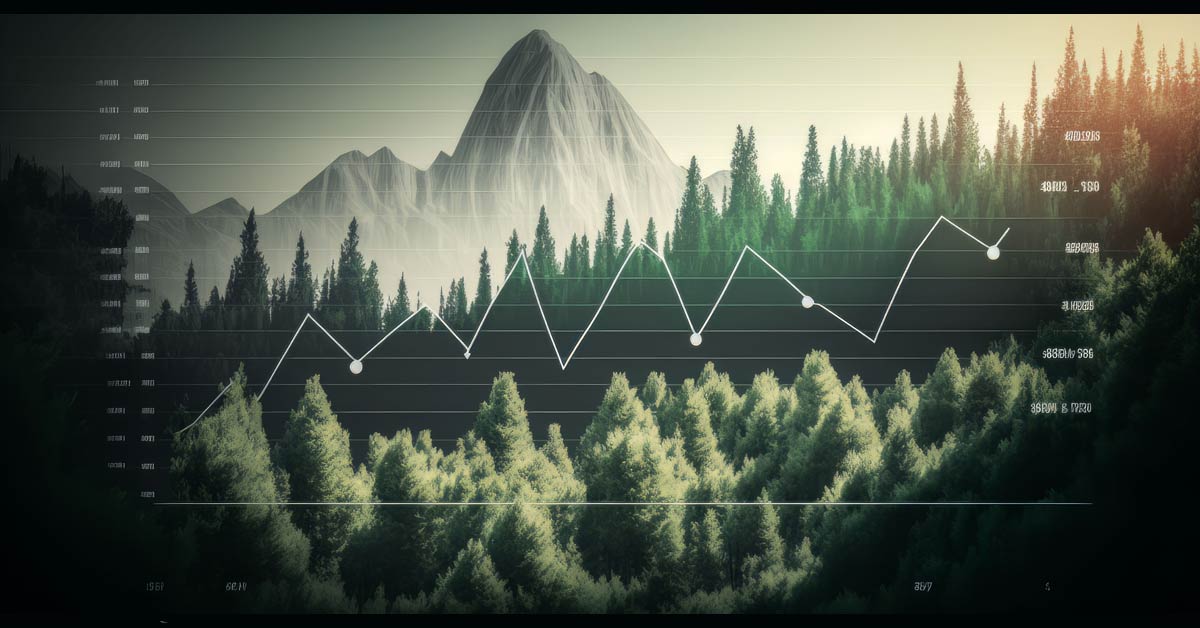2 min read
Canada Proposes Regulations on Sustainability Reporting Backed by IFRS
ResourceWise
:
Mar 15, 2024 12:00:00 AM

Canada Proposes Regulations on Sustainability Reporting Backed by IFRSMore news has emerged regarding sustainability regulation, mandates, and ESG requirements. The Canadian Sustainability Standards Board (CSSB) has announced a collection of proposed regulations for industries to report on sustainability and climate-related data.
These new regulations are based on the recently instituted requirements drafted by the International Sustainability Standards Board (ISSB) of the International Financial Reporting Standards Foundation (IFRS). Acronyms aside, the proposal marks a significant stride toward enforcing mandatory climate reporting requirements for Canadian businesses.
Canada’s Pathway to Decarbonization
The new standards reflect an already ongoing process in Canada to adopt reliable standards for decarbonization.
In 2021, Prime Minister Justin Trudeau instructed cabinet ministers to transition toward a climate-related financial disclosure system based on the Task Force on Climate-related Financial Disclosures (TCFD). In 2022, it was announced that the federal financial regulator, OSFI, would mandate federally regulated financial institutions to disclose climate-related information starting from 2024.
Interestingly, TCFD's responsibilities were handed over to the ISSB of the IFRS last year. Launched at the COP26 climate conference in November 2021, the ISSB aims to design clear sustainability disclosure standards in line with other IFRS reporting.
How Canada's Climate Reporting Works
In an effort to enhance transparency, the new reporting requirements are expected to become an integral part of a company’s standard financial reporting. The focus of such disclosures would revolve around several factors:
- General company governance
- Strategic planning and forecasting
- Risk management
- Measurement and monitoring of sustainability-specific risks and opportunities
Companies can comply with the new directives by clearly presenting their climate footprint at an investor level. What this means is that a given investor could accurately assess a company’s overall risks and opportunities in terms of meeting climate goals.
Environmental, social, and governance (ESG) considerations all fold into this reporting. Compliance sets a minimum standard that all organizations must meet. This allows a level of clarity and consistency in understanding climate concerns across business operations, financials, and their social impacts. It also prevents problems like ambiguity and corporate greenwashing from obscuring real progress and data.
Read More: EU Sets Rules to Regulate ESG Ratings, Crack Down on Greenwashing
Growing Need for Climate Disclosures Imperative for Progress
According to a report from ESG Today, the need for this move arose from the global demand by investors, companies, governments, and regulators to create a baseline of disclosure requirements. As the world transitions to net-zero and renewable models, we all need a consistent understanding of the impacts of sustainability risks and opportunities on the business prospects of companies. Regulations aim to achieve exactly this type of understanding.
The standards are set to become effective for reporting periods beginning January 1, 2025. Broader aims, such as Scope 3 emissions or further disclosure outside of sustainability, will also be required within two years of initial reporting.
Stay Informed on Emerging ESG Regulations
Developments like Canada’s regulation proposal are becoming increasingly commonplace in countries around the world. For instance, China has also recently announced similar ESG regulations for improved reporting.
Read More: China's Newly Proposed ESG Regulations Take the Spotlight
With so many changes happening so fast, understanding ESG requirements and reporting is absolutely essential. Your business needs intelligence and insights that will guide you forward.
Prima CarbonZero from ResourceWise is your source for trusted, award-winning data and analytics across the low carbon fuel and feedstock market. The platform provides an all-in-one online solution to track global biofuel mandates—both current and upcoming.
Alongside expert analyst insights, you can plan, map, and execute your own successful decarbonization strategy. That way, you can follow all ESG regulations that will affect your bottom line.
Learn more about Prima CarbonZero and all the ways it can benefit your business.



![[Video] Molecules to Markets Episode 1: Chemical Markets Begin 2026 in a Supply-Driven, Margin-Sensitive Environment](https://www.resourcewise.com/hubfs/images-and-graphics/blog/chemicals/2026/weekly-video-series-molecules-to-markets/CHEM-Weekly-Video-Series-Molecules-to-Markets-Episode-1.png)
